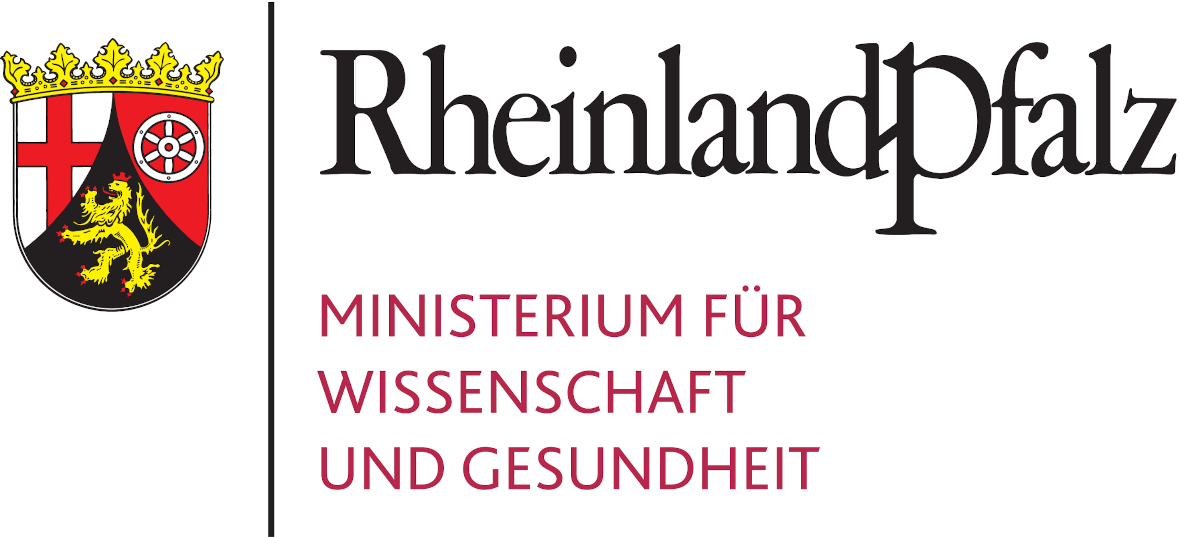After the Second World War, new trends in historical scholarship generated increased demand for new forms of collaborative research among historians. This led to the creation of many new institutes for historical research often outside and independent from the academies and the universities.
This new landscape of historical research institutes can also be interpreted as a response to new trends in historical scholarship which had been visible since 1900. One trend was that of social and economic history, which had come to the fore at the beginning of the twentieth century and led to the discovery of new kinds of sources and new methods. Series of market prices, shipping lists, births and deaths in parish registers: all these and many other types of documents needed different forms of critical treatment, and often new quantitative or historical-demographic methods requiring new forms of professional cooperation, which was best organized in larger units of historical research.
In France, such inquiry began before the Second World War, when the social and economic history of the French Revolution was funded by the newly created CNRS, National Centre for Scientific Research, opening the way for a growing number of historical research units in this central institution for scientific research in France. One of the bestknown and largest units for social and economic history was the Centre de Recherches Historiques of the sixth section of the EPHE, Ecole Pratique des Hautes Etudes, founded in Paris in 1949.
Another new branch of social history dealt with the social movements typical of contemporary history, and especially the history of socialist and labour organizations. In this case, documentation was either in private hands or difficult to find. The Soviet Union was the first state to take an interest in the collection of such documents. The Amsterdam International Institute of Social History, founded by the Dutch historian of economic and social history Nicolaas Wilhelmus Posthumus in 1935, assumed the task of maintaining records on this part of social history when the rise of fascism, and later the Nazi occupation of large parts of Europe, threatened all documentation on such matters. After the Second World War institutes for the history of the labour movement were created in all socialist countries, but they were directly controlled by the communist parties and a crucial part of the official historiography of those countries.
The last trend was the collection and study of the many sources concerning the Second World War, but especially the crimes committed during the German occupation and the national Resistance movements. In both cases, new, independent institutes were created. In many Western countries and especially the Netherlands, Germany and France, the state directly controlled or administered these new institutes of contemporary history.
Go back to Academies








